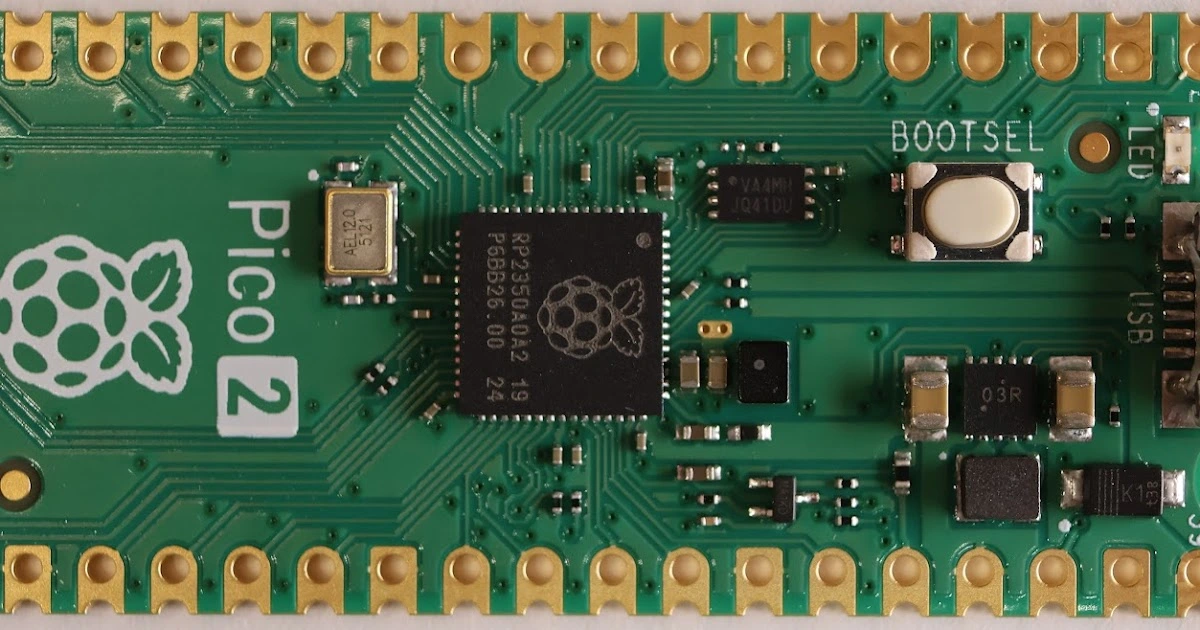

I’ll try to fill mine in today. It wouldn’t have been any easier to do it earlier, and it’s preferable to do it on election day or close to it, so you have all the information available. The main contested elections in my district are local ones, and stuff is always happening.




























Well, a good scandal might have come along to take out a few of the candidates, though that didn’t happen afaik. Other than that, I mean, what is the hurry? I don’t follow politics all that closely anyway, but there are a few local organizations that I like, so I figure on mostly going by their endorsements. It usually takes me about an hour to fill in the ballot.